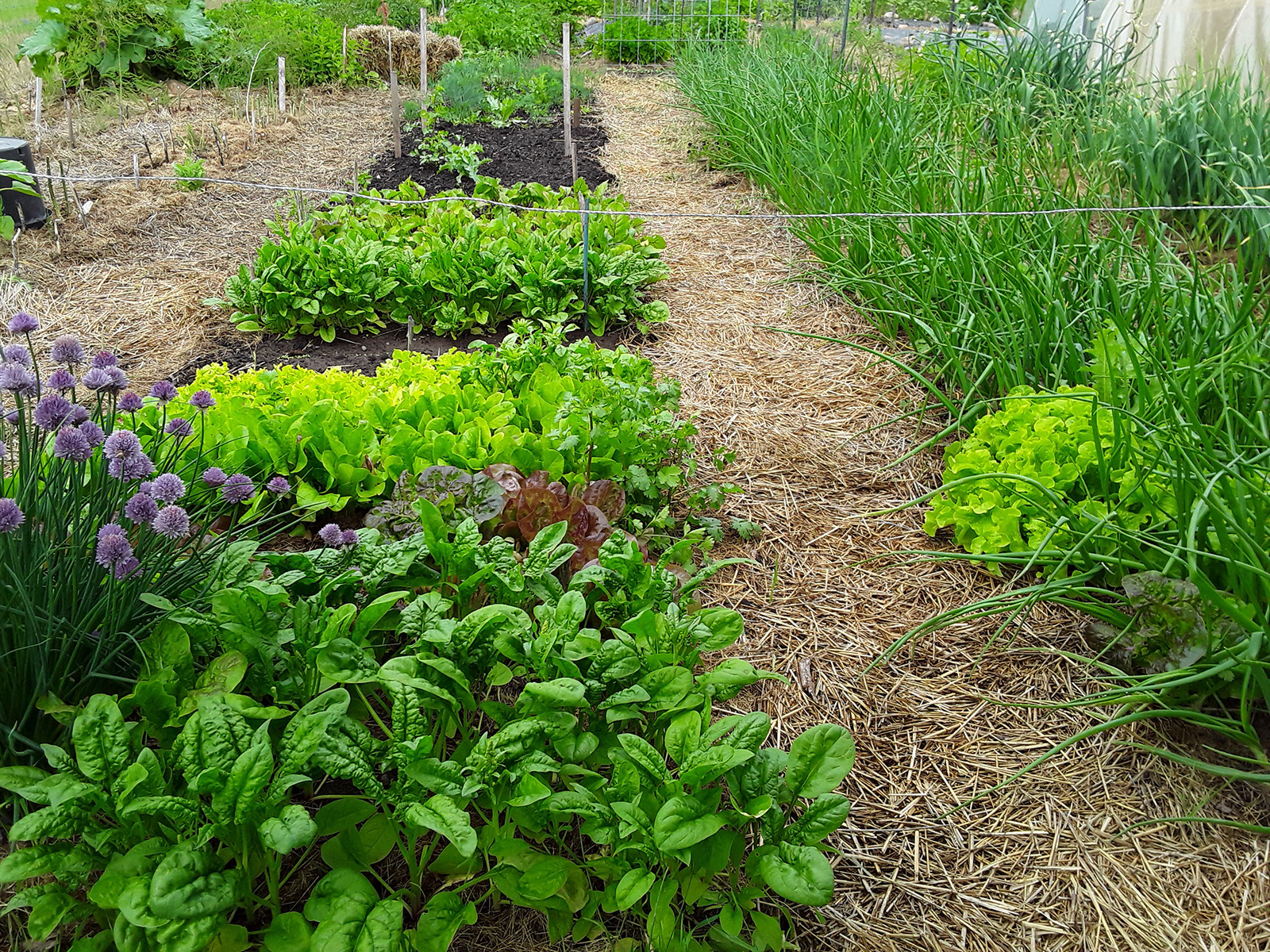Spring Asparagus Pickles. Rhubarb Kimchi. Tangy Radish Rounds. Rhubarb-Earl Grey Jam. Readers have begun sharing their successes with these and other recipes from my cookbook, The Complete Guide to Pickling, and from TwiceAsTasty.com. Clearly, preserving season has begun.
Whether you’re making pickles, canning jam, dehydrating fruit or freezing berries, my top tip for stress-free preserving is to gear up before you dig in. After harvesting in the sun or rushing from work to a farmers’ market, it’s exhausting to dig through the attic or basement for dusty preserving tools and supplies. If you keep canning jars and lids, fermentation airlocks and weights, large bowls and kettles and basic supplies like vinegar and salt in reach all summer, you’ll celebrate that day you score a flat of ripe strawberries or your homegrown corn hits its peak.
Many essential tools can be used year after year, so the first task is to check what you already have. Glass mason jars are reusable for canning, ferments and refrigerated and dehydrated foods, as are canning rings. Canning lids can be safely sealed onto a jar just once, but a box of unprocessed lids will still seal after four to five years. Fermentation tools, dehydrators and freezer containers can last for years too.
When you do need to restock, I recommend checking locally first. For the last couple of years, canning lids in particular have been in short supply, and many overpriced yet poorly made lookalikes disguised as the real thing are being shipped via Amazon and other online retailers. The lid shortage seems to be easing, but it’s still wise to buy lids when you find them so that you don’t run short at a crucial moment. I’ve recently seen canning lids, sold separately and with jars and rings, at Super 1, Ace Hardware and Sliters, sometimes with per-customer limits. Our local hardware stores often also carry bulky items like canning kettles, fermentation crocks and dehydrators.
You may have some leftover preserving ingredients too. Unused pectin keeps three to four years. I prefer Pomona’s Universal Pectin, which sets up with no sweetener or a little local honey; I typically find these at Mountain Valley, Withey’s or another natural food store. These stores are also ideal for pickling and other spices, since you can buy just the amount you need from bulk jars.
I do so much pickling that I buy 5% acidity vinegars in gallon jugs and lime and lemon juices in quart jars from US Foods in Kalispell, a foodservice distributor open to the public. Supermarkets stock smaller jars of vinegar, boxes of canning and pickling salt and bags of granulated sugar.
Then there are the prime ingredients: fresh fruits and vegetables. Beyond homegrown, local farmers are bringing increasing volumes and variety to farmers’ markets and natural food stores. Later this season, if you need more pickling cucumbers, beets or berries than Flathead Valley farms can supply, check with the Apple Barrel, Super 1 and other grocers for Montana-grown options.
Julie Laing is a Bigfork-based cookbook author and food blogger at TwiceAsTasty.com.
